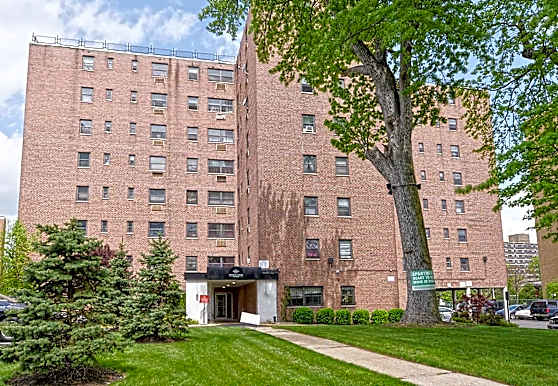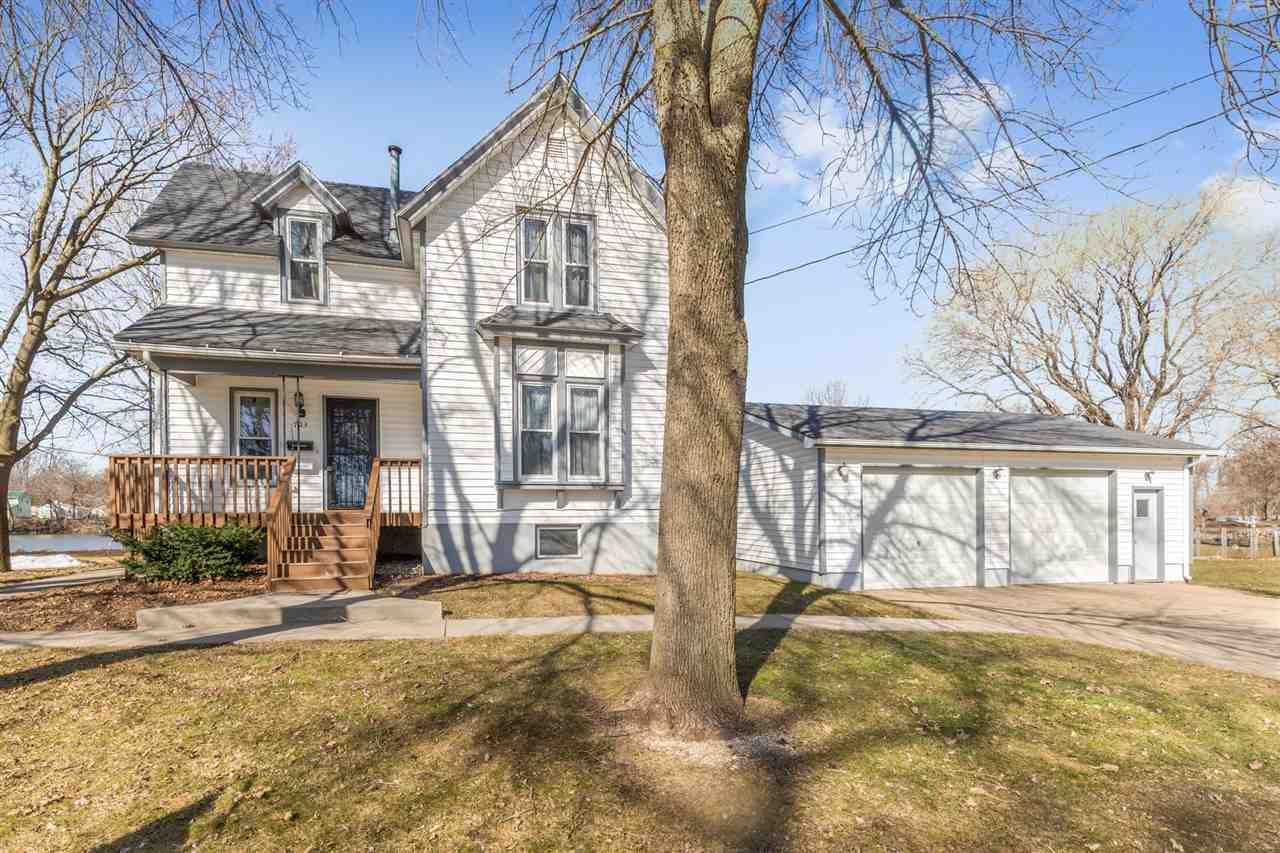Single renters do not own their apartments; Shareholders receive a stock certificate and a proprietary lease that lets them occupy their specific apartment.
Apartment Vs Coop, It�s something you�ll notice in a rental listing. In a condominium, the common areas are jointly owned by all the dwellers.

A co op is a form of housing where a cooperative corporation owns an entire apartment building. Short for cooperative housing, these housing units will have a member living in a place with other residents, but instead of owning your unit, you own shares in the whole complex. In a condo, you’ll probably be a part of the condo community’s homeowners association (hoa). ) — that owns the building.
A coop is essentially an apartment building that’s owned by a corporation made up of the residents.
The cooperative corporation is run by a board of directors elected by the shareholders. Here are some of the basics you need to know to help you make an informed decision between the two. Prices the combination of overall apartment inventory as well as the liquidity greatly impact the price differences between condos and coops. Buying a condo means you own the real estate, including an interest in common areas like lawns. A condo owner has to pay property taxes just as a homeowner does, while in a coop, the property is taken as one and the hose tax is paid by the. Common areas are owned by the cooperative.

A coop is essentially an apartment building that’s owned by a corporation made up of the residents. These restrictions have a direct impact on the overall liquidity of coops, which has a direct impact on the price of coops as compared to condos. However, condos are easier to finance, as there is no underlying mortgage for a condo. A co.
 Source: aagla.org
Source: aagla.org
Common areas are owned by the cooperative. First, condos are usually more expensive than coops because cooperatives are older and they represent 70% of the market. A planned development is a development (other than community apartment project, a condominium project or a stock cooperative) having either or both of the following features: Find a broker who’s familiar with the local.
 Source: hauseit.com
Source: hauseit.com
Here are some of the basics you need to know to help you make an informed decision between the two. Single renters do not own their apartments; “sometimes [agents] can talk people off the condo ledge,” as lewis puts it. ) — that owns the building. Prices the combination of overall apartment inventory as well as the liquidity greatly impact.
 Source: montskyrealestate.com
Source: montskyrealestate.com
If you own more shares, you own a larger percentage of the corporation. Most of us, especially those who are beginning life on their own or who are starting a family, don’t have the financial capability to build our own homes. Find a broker who’s familiar with the local apartment market, be honest about your budget, then figure out where.
 Source: cityrealty.com
Source: cityrealty.com
Here are some of the basics you need to know to help you make an informed decision between the two. Functionally, they are not classified as real estate. A condo is a real property while a coop is an intangible personal property. You are in fact, buying shares of the corporation. How you get to live there.
 Source: har.com
Source: har.com
Prices the combination of overall apartment inventory as well as the liquidity greatly impact the price differences between condos and coops. Difference between unit and apartment unit vs apartment real estate can be expensive. A condo owner has to pay property taxes just as a homeowner does, while in a coop, the property is taken as one and the hose.

Here are some of the basics you need to know to help you make an informed decision between the two. Buying a condo means you own the real estate, including an interest in common areas like lawns. First, condos are usually more expensive than coops because cooperatives are older and they represent 70% of the market. ) — that owns.
 Source: bristolcoop.com
Source: bristolcoop.com
Also, the condo fees are usually lower. A coop is essentially an apartment building that’s owned by a corporation made up of the residents. Short for cooperative housing, these housing units will have a member living in a place with other residents, but instead of owning your unit, you own shares in the whole complex. There is a property tax.
 Source: bestcartooon.blogspot.com
Source: bestcartooon.blogspot.com
It�s something you�ll notice in a rental listing. Common areas are owned by the cooperative. A condo owner has to pay property taxes just as a homeowner does, while in a coop, the property is taken as one and the hose tax is paid by the. Functionally, they are not classified as real estate. Most of us, especially those who.
 Source: hauseitreviews.com
Source: hauseitreviews.com
A condo owner has to pay property taxes just as a homeowner does, while in a coop, the property is taken as one and the hose tax is paid by the. Also, the condo fees are usually lower. However, condos are easier to finance, as there is no underlying mortgage for a condo. Difference between unit and apartment unit vs.
.png “Condo vs. coop The debate rages on”) Source: brickunderground.com
Buying a condo means you own the real estate, including an interest in common areas like lawns. It�s something you�ll notice in a rental listing. Shareholders receive a stock certificate and a proprietary lease that lets them occupy their specific apartment. We either continue to live in our parents’ house or find some other place to live in: A condo.
 Source: hauseit.com
Source: hauseit.com
Coops, however, can make up any rules they want and their shareholders must adhere to those rules. You are in fact, buying shares of the corporation. These are significant enough to affect how your home, and the building it�s in, operates on a daily basis, so they�re important to understand. In a condo, you’ll probably be a part of the.
 Source: elikarealestate.com
Source: elikarealestate.com
A co op is a form of housing where a cooperative corporation owns an entire apartment building. Also, the condo fees are usually lower. Condos usually provide the residents with a society where there are a lot of people, which can be an advantage as well as a disadvantage. There is a property tax bill for each unit payable directly.
 Source: brownstonepropertygroup.com
Source: brownstonepropertygroup.com
Single renters do not own their apartments; We either continue to live in our parents’ house or find some other place to live in: A coop is essentially an apartment building that’s owned by a corporation made up of the residents. The difference in ownership between condos and apartment buildings is the most significant distinction. How you get to live.
 Source: bestcartooon.blogspot.com
Source: bestcartooon.blogspot.com
Coops, however, can make up any rules they want and their shareholders must adhere to those rules. Difference between unit and apartment unit vs apartment real estate can be expensive. Buying a condo means you own the real estate, including an interest in common areas like lawns. A co op is a form of housing where a cooperative corporation owns.
 Source: allaroundmoving.com
Source: allaroundmoving.com
Coops, however, can make up any rules they want and their shareholders must adhere to those rules. Owners of co op apartments are actually shareholders of a corporation that owns the entire building that they live in. Prices the combination of overall apartment inventory as well as the liquidity greatly impact the price differences between condos and coops. Difference between.
 Source: homesmsp.com
Source: homesmsp.com
These restrictions have a direct impact on the overall liquidity of coops, which has a direct impact on the price of coops as compared to condos. In a condo, you’ll probably be a part of the condo community’s homeowners association (hoa). Find a broker who’s familiar with the local apartment market, be honest about your budget, then figure out where.
 Source: pinterest.com
Source: pinterest.com
Shareholders receive a stock certificate and a proprietary lease that lets them occupy their specific apartment. Most of us, especially those who are beginning life on their own or who are starting a family, don’t have the financial capability to build our own homes. These restrictions have a direct impact on the overall liquidity of coops, which has a direct.
 Source: zumper.com
Source: zumper.com
How you get to live there. A coop is essentially an apartment building that’s owned by a corporation made up of the residents. Prices the combination of overall apartment inventory as well as the liquidity greatly impact the price differences between condos and coops. In a condominium, the common areas are jointly owned by all the dwellers. Rather, they hold.
 Source: wmaproperty.com
Source: wmaproperty.com
Functionally, they are not classified as real estate. Owners of co op apartments are actually shareholders of a corporation that owns the entire building that they live in. They have usually seen other apartments labeled as condos, and sometimes even just as an apartment (learn the difference between a condo vs apartment in nyc). Shareholders receive a stock certificate and.
 Source: realtyhop.com
Source: realtyhop.com
Common areas are owned by the cooperative. These restrictions have a direct impact on the overall liquidity of coops, which has a direct impact on the price of coops as compared to condos. Difference between unit and apartment unit vs apartment real estate can be expensive. Find a broker who’s familiar with the local apartment market, be honest about your.
 Source: hauseit.com
Source: hauseit.com
It�s something you�ll notice in a rental listing. If you own more shares, you own a larger percentage of the corporation. Prices the combination of overall apartment inventory as well as the liquidity greatly impact the price differences between condos and coops. In a condominium, the common areas are jointly owned by all the dwellers. Coops, however, can make up.
 Source: localize.city
Source: localize.city
Under cooperative ownership, shareholders are generally required to occupy their apartments as their primary residence. Common areas are owned by the cooperative. They have usually seen other apartments labeled as condos, and sometimes even just as an apartment (learn the difference between a condo vs apartment in nyc). A condo owner has to pay property taxes just as a homeowner.
 Source: hauseit.com
Source: hauseit.com
Common areas are owned by the cooperative. “sometimes [agents] can talk people off the condo ledge,” as lewis puts it. A coop is essentially an apartment building that’s owned by a corporation made up of the residents. Buying a condo means you own the real estate, including an interest in common areas like lawns. These are significant enough to affect.
 Source: quotewizard.com
Source: quotewizard.com
“sometimes [agents] can talk people off the condo ledge,” as lewis puts it. A condo is a real property while a coop is an intangible personal property. Most of us, especially those who are beginning life on their own or who are starting a family, don’t have the financial capability to build our own homes. Single renters do not own.








